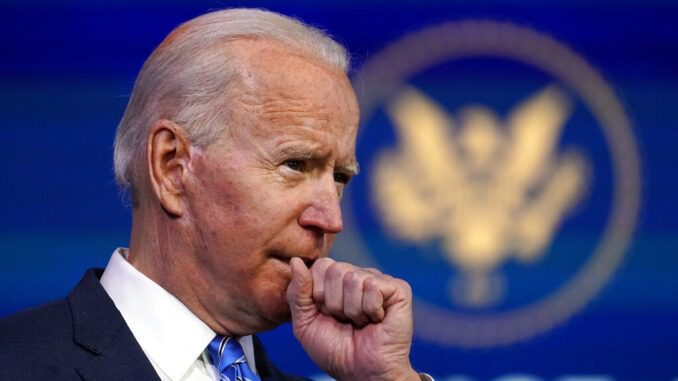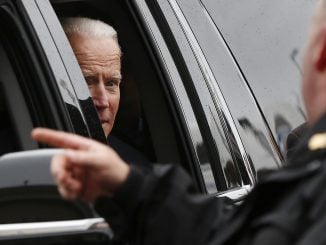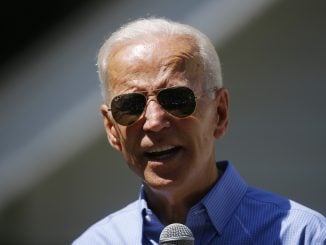
WASHINGTON, D.C. — When Joe Biden takes the oath of office Wednesday outside the U.S. Capitol, he will begin reshaping the office of the presidency itself as he sets out to lead a bitterly divided nation.
Biden had campaigned as a rebuke to President Donald Trump, a singular figure whose political power was fueled by discord and grievance. The Democrat framed his election as one to “heal the soul” of the nation and repair the presidency, restoring the White House image as a symbol of stability and credibility.
In ways big and small, Biden will look to change the office he will soon inhabit. Incendiary tweets are out, wonky policy briefings are in. Biden, as much an institutionalist as Trump has been a disruptor, will look to change the tone and priorities of the office.
“It really is about restoring some dignity to the office, about picking truth over lies, unity over division,” Biden said soon after he launched his campaign. “It’s about who we are.”
Few presidents have taken on the job having thought more about the mark he wants to make on it than Biden. He has spent more than 40 years in Washington and captured the White House after two previous failed attempts. He frequently praises his former boss, President Barack Obama, as an example of how to lead during crisis.
“Biden’s main task is going to be need to be to reestablish the symbol of the White House to the world as a place of integrity and good governance. Because right now everything is in disarray,” said Douglas Brinkley, a presidential historian and professor at Rice University. “But Biden is uniquely situated to do this, his whole life has been spent in Washington and he spent eight years watching the job up close.”
The changes will be sweeping, starting with the president’s approach to the COVID-19 pandemic that has claimed nearly 400,000 American lives. The sharp break from Trump won’t just come in federal policy, but in personal conduct.
Biden’s team is considering having many staffers work from home; those who do enter the building will wear masks. Biden has already been vaccinated.
Biden’s approach to the day-to-day responsibilities of the office will also be a break from his predecessor. For one, Twitter won’t be a principal source of news.
Trump’s trail of tweets has roiled the capital for four years. Across Washington, phones would buzz with alerts anytime the president used his most potent political weapon to attack Democrats and keep Republicans in line.
Biden’s tweets tend to be bland news releases and policy details with the occasional “Here’s the deal, folks” thrown in for good measure.
His team has promised to restore daily news briefings but it remains to be seen whether he will be as accessible as Trump, who took more questions from reporters than any of his recent predecessors.
Biden, a longtime senator who will have Democratic control of both houses, is positioned to use the weight of his office to push an ambitious legislative agenda.
His team will be tested, though, by the tumult at home: a virus that is killing more than 4,000 people a day, a sluggish vaccination distribution program, a worsening economy and contention over the upcoming second impeachment trial for Trump.
Biden also has as much work ahead repairing the image of the presidency overseas as he does on American shores.
Trump repositioned the United States in the world, pulling the U.S. out of a number of multilateral trade deals and climate agreements in favor of a more insular foreign policy.
As the COVID-19 pandemic swept the globe, Trump fostered competition, not cooperation, on research and vaccine development.
Biden, who spent years on the Senate Foreign Relations Committee and had a vast foreign policy portfolio as vice president, has pledged a course correction. He has promised to repair alliances, rejoin the Paris climate treaty and the World Health Organization and said he would shore up U.S. national security by first addressing health, economic and political crises at home.
Offering the White House as a symbol of stability to global capitals won’t be easy for Biden as Trump’s shadow looms.
“He has a structural problem and needs to make the U.S. seem more reliable. We’re diminished in stature and less predictable,” said Richard Haass, president of the Council on Foreign Relations. He noted that even after Biden’s win, the European Union bolstered ties to China with a new investment treaty.
“Everyone around the world is hedging, they have no idea if Biden’s a one-term president or what could come after him,” Haass said. “There is a fear across the world that Trump or Trumpism could return in four years.”


